Melbourne
Australia has been a rare success story during the pandemic. There have been around 29,000 cases of Covid, 908 of which have proved fatal. There are currently just 125 active cases in the entire country, a mere 25 of which have required hospitalisation. For a population of 25 million, this is a vastly different experience to that of Covid-beleaguered Europe and North America. No wonder the British government is considering whether it might be time to copy Australia’s approach, to help save an economy and society battered to a degree Australians can scarcely comprehend.
Australia benefits from being a remote island continent with no international land borders. When it became clear that Wuhan was the epicentre of a new, fast-spreading virus, Australia quickly self-isolated. First, flights from China were halted, to howls of outrage from the Beijing government. But by late March last year, prime minister Scott Morrison had extended travel bans to all non-residents and non-citizens. Australia’s external frontier was cauterised, and almost a year on mostly remains so.
Australians can only return home on the few expensive flights available. As a result, 40,000 Aussies are still stranded overseas. Morrison is now under heavy political pressure to hang the expense and bring these people home. There are limited exceptions for non-residents — for the Australian Open in Melbourne, for instance — though these are much resented by the locals, who see foreigners getting privileged treatment while taxpaying Australians languish abroad, un-able to afford to come home.
With borders closed, state governments, with federal backing, are using -mandatory quarantine, mostly in otherwise empty inner-city hotels, to control the spread of the disease. Each state has its own rules, but the fundamentals are essentially the same. When you arrive from overseas, or even from another Australian state designated as a Covid hotspot, you’re hustled under police or army escort on to a coach and taken to a designated quarantine hotel, unless you’re exempt for a special reason.
Some of the hotels are five-star; others aren’t. It’s the luck of the draw which you end up in. Once there, you’re confined to your allocated room for a fortnight. You’re tested on arrival and again shortly before your due departure date. If you refuse a test you can be quarantined indefinitely. Lucky inmates might have a room with a view, but to keep transmission risks minimal there’s no room or maid service: you must make your own bed and clean your own room. Meal trays are left outside your door. Exercise opportunities are limited and closely supervised. If you have young children with you, tough. The tedium of hotel quarantine is effectively prison with wifi.
It’s lonely too, especially for solo travellers. When hotel quarantine began in Melbourne, untrained pub bouncers and security guards were employed to supervise inmates. But they soon started fraternising with them, sharing cigarette lighters and hopping into their beds. It led to a devastating second wave of Covid in the city. Five million Melburnians were put under curfew and the city’s social and economic life was cancelled for months. Victoria became a de facto police state, and the outbreak accounted for 800 of Australia’s 900 Covid-linked deaths. Trained nursing, police and military personnel now do the job of guarding, and quarantine programmes are far better enforced.
At first, quarantine costs were paid for by taxpayers. Now in most states the traveller pays: the going rate is A$3,000 (£1,700) for an individual and A$1,000 (£560) for an additional adult. That’s on top of hyper-inflated air fares. It sends a blunt message to travellers. These are harsh conditions, but the Australian government concluded that the economic benefits of border closures and hotel quarantine outweigh the costs. As political gambles go, it has paid off; the Australian public are mostly in favour of these draconian measures. Contrary to our authority–defying image, Australians are surprisingly compliant when it comes to obeying government rules. The restrictions were seen as beneficial for the common good and as the personal price of returning home.
But Boris Johnson and his cabinet should not assume Britain is another Australia. London is a global city and Britain is an international hub with extensive air, sea and rail links with Europe. It is not a remote country at what the former Australian prime minister Paul Keating once called ‘the arse end of the world’.
There would be many thousands more returning Britons than Australians to deal with, far more left stranded overseas, and far more foreigners to accommodate onshore. Buying hotel capacity would be more expensive. Then there are the social and health costs, such as mental stresses on detainees and those stranded; family dislocation; community distrust of returned travellers. In other words, the relative cost of applying these measures in Britain would almost certainly be far higher than in Australia.
That said, with infection numbers so high and mass vaccinations now under way, Australian-style measures would still be a good option for Britain. What they can buy is time. Time to ensure a successful vaccine rollout to the most vulnerable and then to the wider British population. Time for the vaccines to work. Time to contain the spread of new infections, especially of the latest Covid strains. And time to ensure Britain has a more coherent Covid strategy for 2021 than it has had so far. Australian measures do restrict personal freedoms in ways that, until last year, many would have considered unthinkable. But as our experience shows, when done sensibly and managed well, they can work. It’s not too late for Britain to adopt something similar.
Got something to add? Join the discussion and comment below.
Get 10 issues for just $10
Subscribe to The Spectator Australia today for the next 10 magazine issues, plus full online access, for just $10.
You might disagree with half of it, but you’ll enjoy reading all of it. Try your first month for free, then just $2 a week for the remainder of your first year.

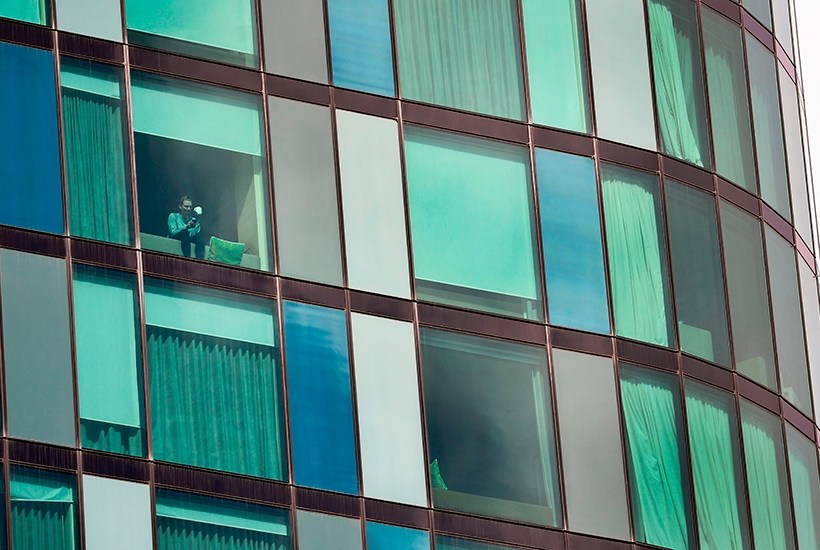
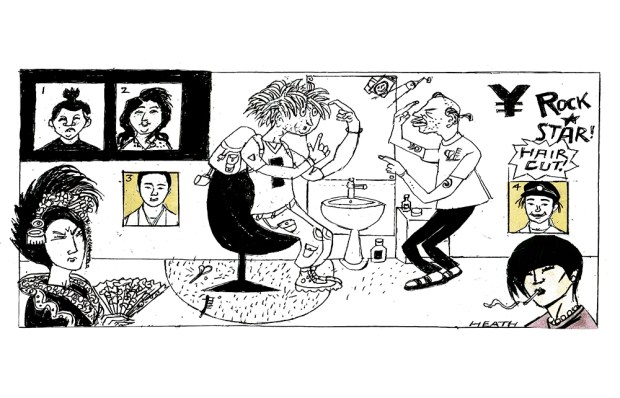
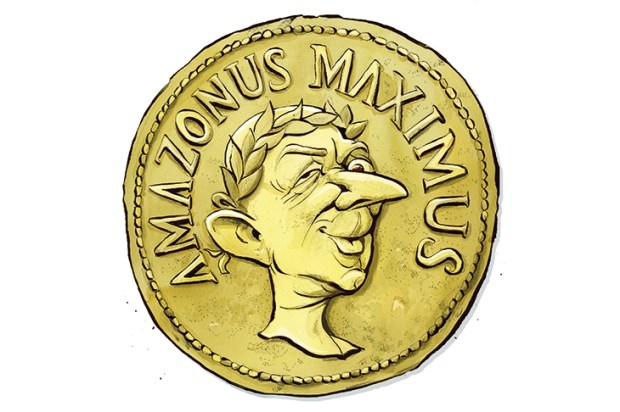
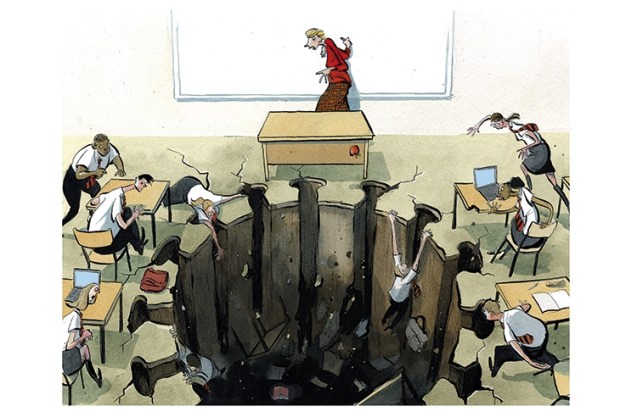
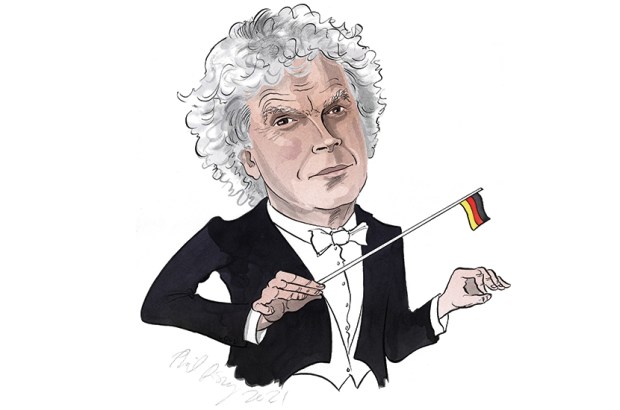
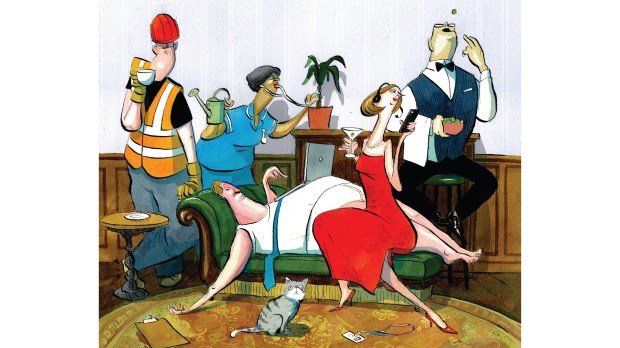
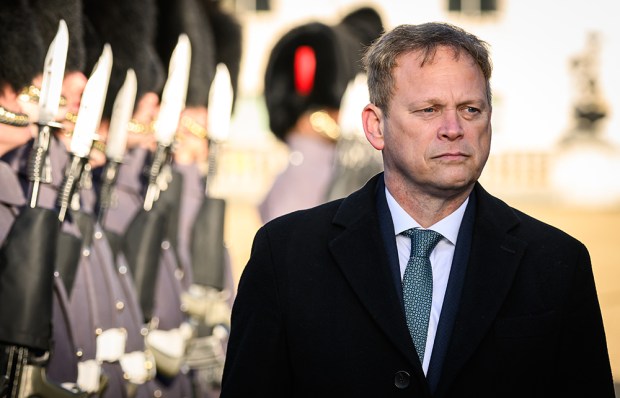






Comments
Don't miss out
Join the conversation with other Spectator Australia readers. Subscribe to leave a comment.
SUBSCRIBEAlready a subscriber? Log in